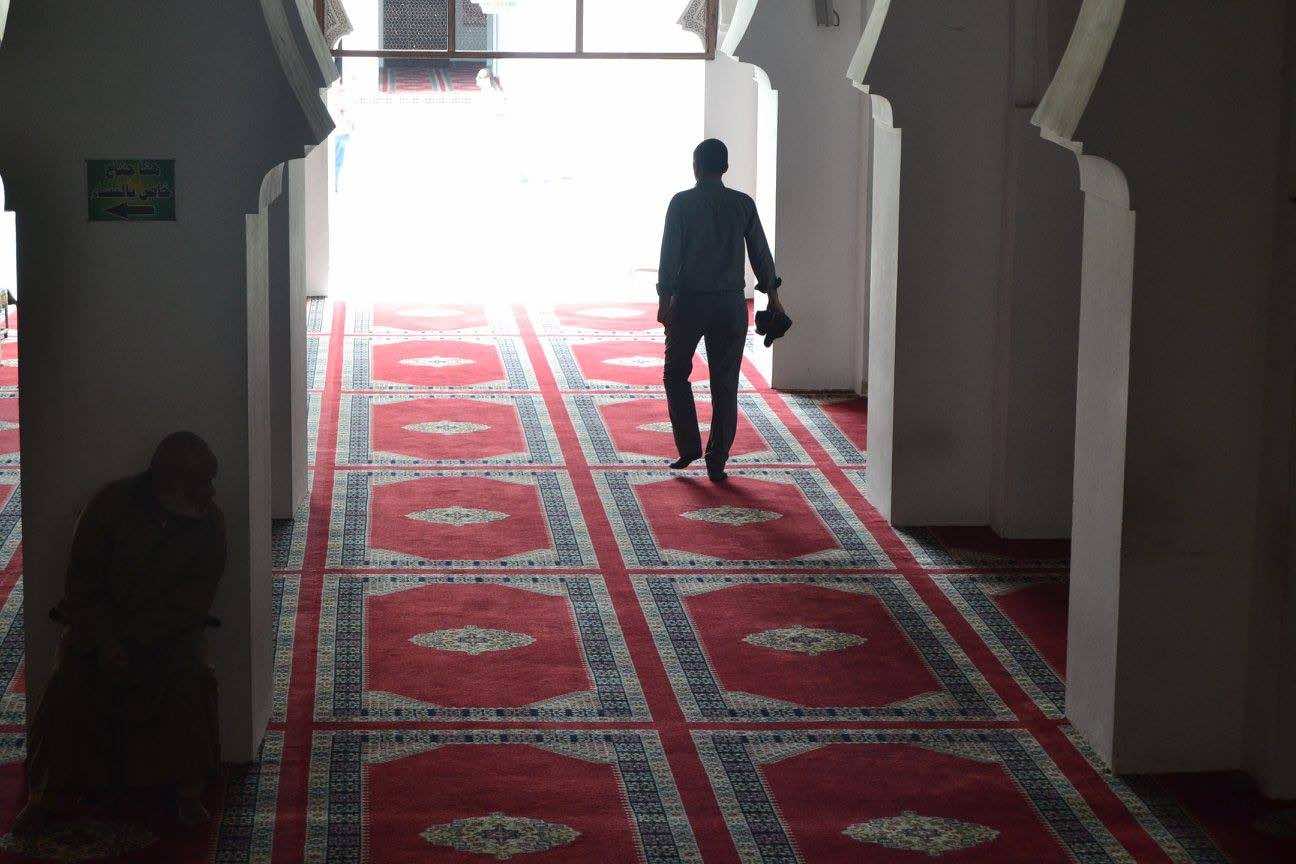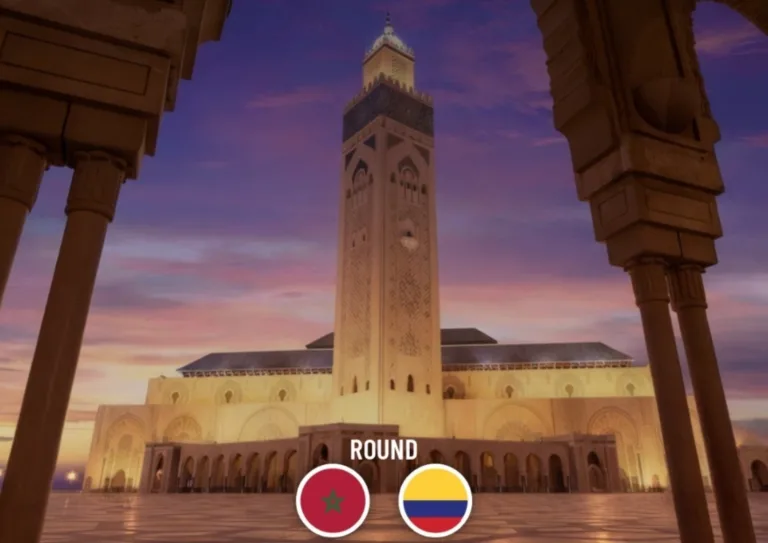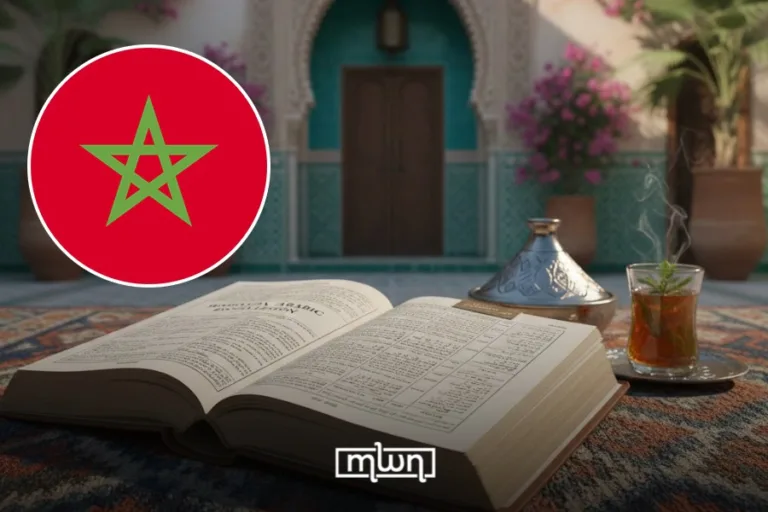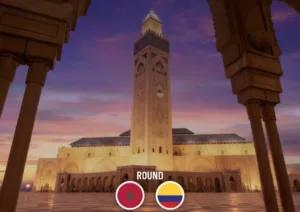Rabat – During Ramadan, Muslims fast from dawn to sunset every day. They are also expected to refrain from impure thoughts and bad behavior.
Ramadan is commemorated as the month in which Muhammad received the first revelations of the Quran, Muslims’ holy book.
Ramadan is the ninth month of the lunar based 12-month Islamic calendar.
What is Islam
Along with Judaism and Christianity, Islam is regarded as one of the three major Abrahamic religions. Muslims are adherents of Islam, who “submit” to God’s will. Islam is a universal religion that teaches that God is merciful and compassionate.
With approximately 1.8 billion Muslims worldwide, Islam is the world’s second-largest religion after Christianity. Although its origins date back further, scholars generally date Islam’s birth to the 7th century, making it the youngest of the major world religions.
The spread of Islam began in Mecca, modern-day Saudi Arabia, during the prophet Muhammad’s lifetime.
Muslims adhere to five fundamental pillars that are central to their faith: Shahada, Salat, Zakat, Sawm, and Hajj.
The Shahada is to declare one’s faith in God and belief in Muhammad.
The Salat are prayers that Muslims perform five times a day ( dawn, noon, afternoon, sunset, and evening).
The Zakat is to give a portion of your yearly income to those in need.
The Sawm entails fasting in Ramadan.
The Hajj means performing a pilgrimage to the holy city of Mecca, at least once during a person’s lifetime, if the person is able to.
Fasting in Ramadan
The Britannica Encyclopedia defines fasting as “abstinence from food or drink or both for health, ritualistic, religious, or ethical purposes”. Fasting in Ramadan lasts from dawn until sunset, and it means abstaining from all food and drink
Muslims are advised to eat a pre-fast meal known as Suhur before sunrise. This meal is similar to breakfast in a lot of places, but in some cultures, it may include more dinner-like foods.
After sunset, Muslims break their fast with iftar, a meal that typically begins with dates and water or milk, and ends with dinner.
Muslims are allowed to snack between those two meals at night, and hydration is encouraged, especially when Ramadan occurs during the summer.
Read also: 4 Tips For Healthy Fasting Ahead of Ramadan
Why do Muslims fast?
Muslims fast as a form of worship, as an opportunity to grow closer to God, and a way to become more compassionate to those in need.
Fasting is also thought to be a good way to learn patience and break bad habits.
“Alongside Humans, Animals fast as well. Scientists noticed that certain animal species go through an optional fasting phase, even though food is around,” the president of the Ulema Council in Berrchid Dr. Abdelmoghith Bassir, said in an interview with Morocco World News.
He elaborates by saying that “some birds stay in their nest and abstain from food in certain seasons, while certain fish species bury themselves in the bottom of the ocean or rivers for a period of time without eating.”
When asked about the benefits of fasting, Bassir noted that it “has great benefits, both spiritually and physically… It helps humans resist temptation and the struggles that they might undergo. It also teaches patience, endurance, and altruism.”
Fasting in Ramadan also unites Muslims, because everyone who is a member of the faith in the world is going through the same experience.
It develops compassion. When Muslims feel hungry during fasting, it makes them remember all the unfortunate people who have nothing to eat or drink.
Fasting can also be a viable medical treatment, Dr Phillips used to recommend fasting to his patients because it functions like a detox process. For a patient to benefit fully from medical fasting, they need to perform it under the guidance of a medical expert, in order to avoid unwanted side effects.
Dr. Bassir concluded the interview by saying “that anyone who wants to fast should follow a balanced diet,” and doesn’t recommend eating too much during Suhur and Iftar in order to fully benefit from fasting in Ramadan.
















